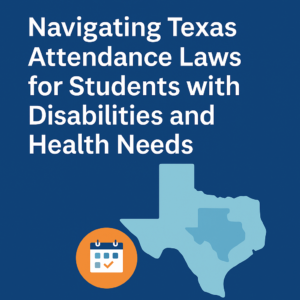Trouble with homework can be an early sign of your child’s anxiety. The International OCD Foundation has a new website specifically for Anxiety in the Classroom. Their following teacher recommendations can be helpful to parents when discussing ideas for helping your child with anxiety.
Reduce the amount of homework assigned.
Ask parents how much time their student spends on homework in the evening without undue stress, and then assign homework that can be completed within that time frame. As the student progresses in treatment, the time limit may be increased.
Give the student estimates of how much time an assignment should take.
Tell students to work on an assignment for a certain period of time and to stop when that period of time is over. As the student progresses in treatment, the time limit may be increased.
·Do not, as a rule, send home class work that has not been completed during the school day as homework.
Suggest to the student that they try switching to another subject if they get stuck on a particular assignment.
Suggest to the student that they try doing homework with a friend, or assign them to a peer tutor/study group.
Do not penalize the student for missed work if their anxiety/OCD symptoms are interfering.
Consider various options with regard to grading homework: grade assignments on the basis of content rather than neatness, allow some ungraded assignments, be flexible with due dates, use only those part of an assignment that have been completed as the basis for assigning a grade, grade rough drafts and/or allow the student to submit additional drafts.
Attend to comments made by students when homework is not turned in (e.g. “I think I made a lot of mistakes,” “It’s not good enough to turn in”) for possible insights into their anxiety/OCD.
Visit IOCDF for more information






